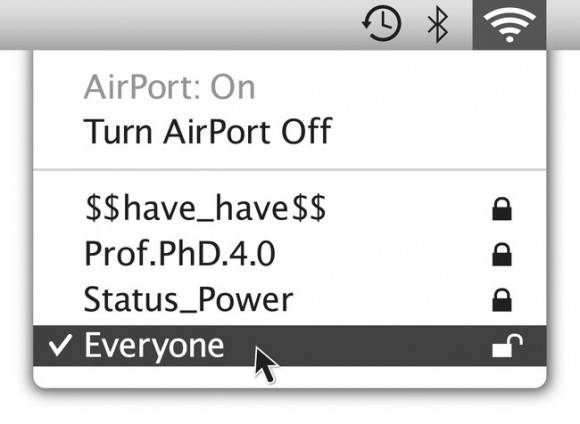
The FCC is looking to create a large scale public Wi-Fi network, a free Wi-Fi network. And as you can imagine, sides are being drawn. We should point out that the roll-out is not yet in motion. In fact, this is all still sitting in the proposal stage and even if it should move forward, it would likely take some time before it goes live. Being always connected to the internet sounds good, even better when you can do it without having to pay money to connect, however we can see points in both sides of the argument.
At the moment the FCC is attempting to persuade policymakers to give this idea another look. According to details that we have seen, the airwaves the FCC is trying to use would be much stronger than your average Wi-Fi network, and also much more widespread as compared to your average public hotspot. As one would suspect, the casual user would most likely benefit greatly here. To that point, companies such as Google and Microsoft have backed a campaign that shows how this could help innovation.
The Washington Post noted that this is similar to back in 1985 when the US government released a limited amount of unlicensed airwaves and in turn, devices such as baby monitors and garage door openers were created. Another mentioned perk here includes those who cannot afford regular internet access or mobile phones as this would allow them to get online and even make calls without having the added expense of a monthly mobile contract.
Some larger cities are looking towards this as a benefit with possible perks being lower costs for schools and business as well as those on vacation. With freely available public Wi-Fi, tourists would be able to easily find places to visit while on the go — which could lead towards more tourists and more spending. Positive side effects aside, the FCC proposal would have the local television networks and other broadcasters selling airwaves to the government. We suspect that some may not be all that happy with having to do that.
This of course, brings the not so happy side. Some lawmakers have said the FCC should auction these airwaves in an attempt to raise money for the US Treasury. Similarly, companies such as Intel and Qualcomm as well as wireless carriers to include AT&T, Verizon Wireless and T-Mobile have also commented about how the airwaves should be sold to businesses as opposed to given away to the public. Bottom line, it looks like the FCC has some good intentions here, but there are some taking the other side. Either way, we suspect there is still plenty of arguing left, which will only further delay a possible roll-out. Still, having free and readily available Wi-Fi access is a nice thing to dream about.
[via SlashGear]










It’s not free… it requires tax money which means people who are already paying too much will have to pay more to support a “free” service.
I’m fine with that. I also have no problem with “free” libraries or “free” roads.
maybe they should meet in the middle… have vzw, att, sprint, & t-mo, purchase the airwaves with the intent to use them for wifi (regulation). it should be unlimited data, given to anyone who pays $X per month. it shouldnt be free. maybe they can eliminate their expensive 4G/LTE services for a shared wifi. overall it should reduce the cell companies operation cost, therefore, reducing the consumers price.
sounds good, but will each company commit eliminating their expensive LTE networks for a shared-cost long range wifi?? no!! (even tho they can sell their used equipment to Europe or Asia.)
With this thinking the government should pay for my satellite, phone, insurance, mortgage and car. Without those annoying payments I could be a lot more innovative!